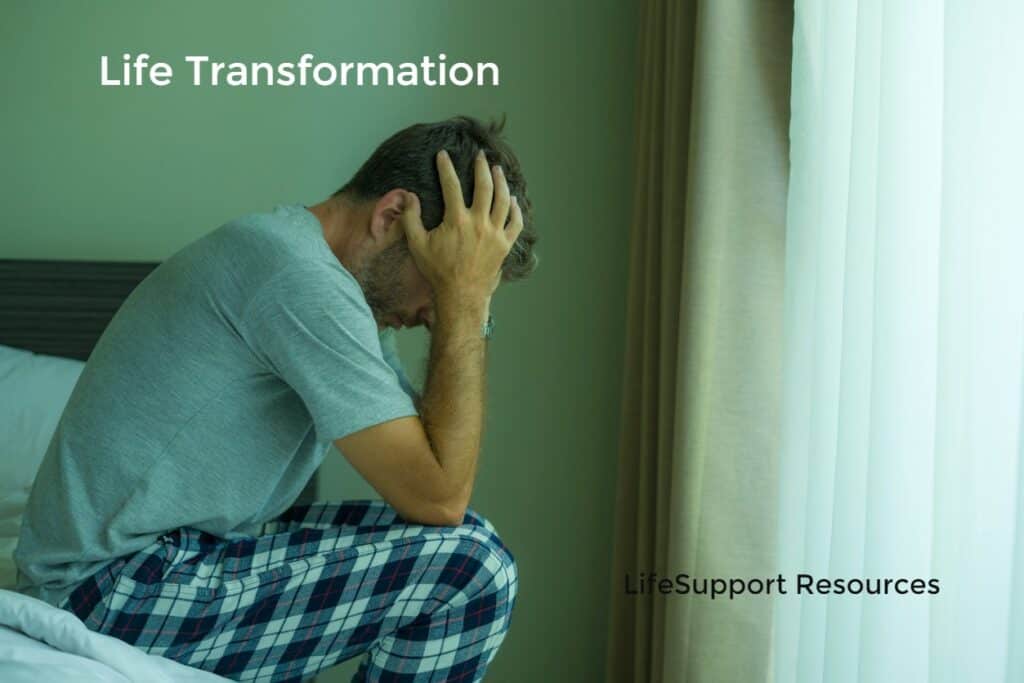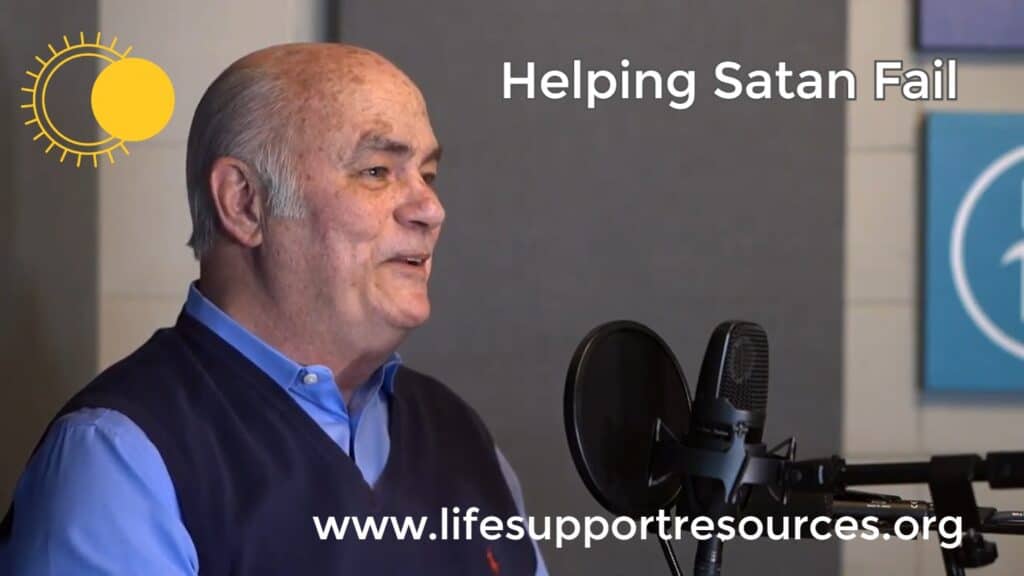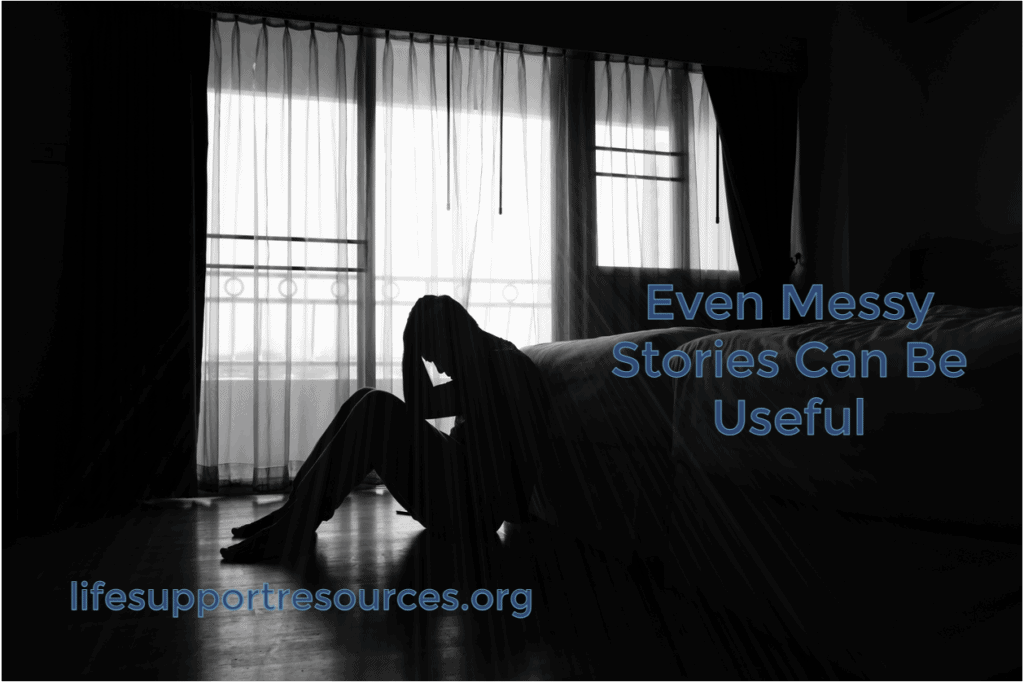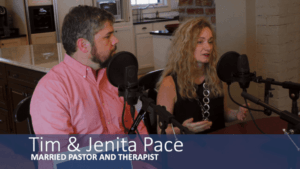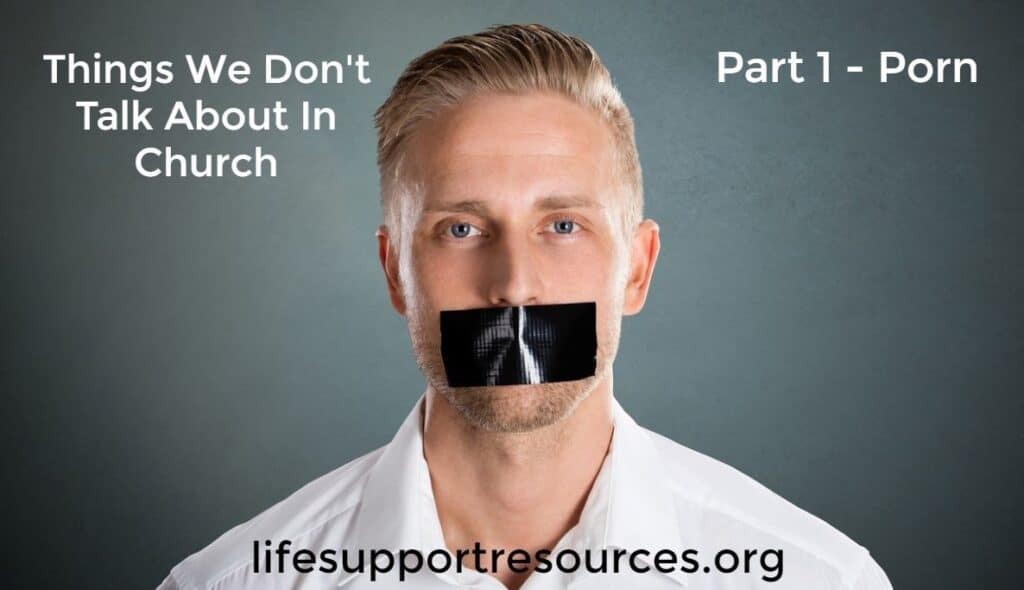Life Transformation
Life Transformation - Always Personal - Always Shared
Some people have a pretty accurate picture of who they are and have never felt the need to drastically change their life. But for some of us, life transformation is vital to the ability to move forward in life. There are many men and women in our world who reach a point when they look in the mirror and don’t recognize the person they see. If you’ve never faced a future absent of hope and choice, you can’t know how impossible real life change can seem.
Hopeless
A few years ago I reached a point when I didn’t know how to do life anymore because I didn’t know who I was. I had done everything in my power that I could do to fix my problems and it wasn’t enough. The country was in a deep recession, my business was suffering badly and our family was facing overwhelming financial losses. I had been led to believe that I should be able to deal with all of life’s troubles on my own power and overcome any obstacle that was placed in my path, this was impossible. After years of falling short of who the world wanted me to be, I ran out of hope and options. Every future I could imagine scared me to death. I had lost track of who I was and I looked for something to ease the fear. The answer I turned to was alcohol.
For a long time, alcohol allowed me to hide away from my fears and responsibilities. Of course, alcohol was a false solution to my problems and addiction charged a heavy price in terms of physical health, damaged relationships and feelings of worthlessness. Eventually alcohol stopped working for me and my world came crashing down. This time I was hopeless and out of options but now I was without answers. I needed a new answer for how to do life.
Transformation Requires Community
Through a few caring people, God led me to a recovery ministry where I found a group of people who shared my experiences, who demonstrated vulnerability and trust, and who would help me explore my past and my ideas of who I really was in God’s eyes. The hard work of self-exploration taught me that the assumptions I had about my identity were based on false information. These experiences also taught me that other people were essential to the life change I needed.
The Lifeblood Curriculum
The misunderstanding of self-identity is a common theme for people whose lives have gone in a wrong direction. For those in jail or prison, life has taken a dramatically wrong direction. Lifeblood, our first curriculum was created to support reentry from incarceration. Through programming inside jails, prisons, and community-based reentry facilities, Lifeblood gives participants the opportunity to explore their identity and to begin to transform their lives. Lifeblood groups provide safe spaces where members are free to share their experiences while they support and learn from others. These groups also give people opportunities to adjust their understanding of essential life themes having to do with family, relationships, decision-making, the future, and more.
The men and women who sit down together for a Lifeblood group make a commitment to the hard work of finding a new way to do life. We present the opportunity for participants to move off in a new direction for life as Christ followers and we love to see them recognize the plan that God had for their lives all along. That’s why we do our work, to help people see who they are and find a future they never imagined possible.
You Are Part Of God’s Solution
Just as life transformation can’t happen without the help of others, the work of this ministry can’t happen without the gifts, time, and resources of many people. We are grateful for the people who support the work of transforming lives. Whether you pray for us, volunteer in correctional facilities, share your expertise, or support us financially you are part of God’s plans to bring people closer to Christ and to transform lives.
Thank You!
If You'd Like To Help
If you have expertise, gifts or time that you would like to share with us please email [email protected]
If you can support us financially please click the button

